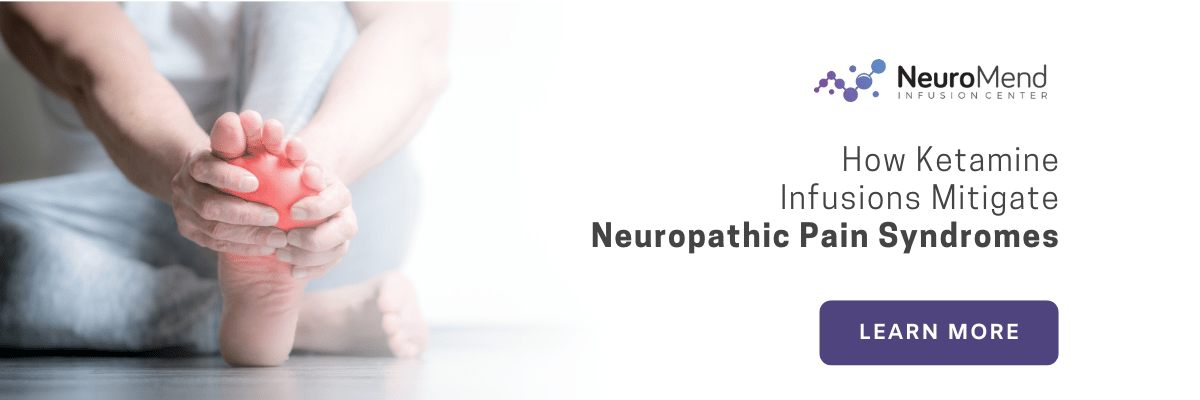
Pain is a universal experience, yet it can be incredibly complex and varied. Understanding pain, its origins, and how it can be managed is crucial for anyone seeking relief.
What Exactly is Pain?
Pain is an unpleasant sensory and emotional experience associated with actual or potential tissue damage. It is not merely a physical sensation but a complex interplay of biological, psychological, and emotional factors. Pain serves as a warning signal, alerting us to injury or illness.
However, not all pain is the same. Pain can be acute or chronic, localized or diffuse, mild or severe. Acute pain typically results from a specific injury and resolves as the injury heals. Chronic pain, on the other hand, persists for months or even years, often without a clear cause. Chronic pain can significantly impact one’s quality of life, leading to physical limitations, emotional distress, and decreased functionality.
How is Pain Categorized?
Pain is generally categorized into two main types: structural pain and neuropathic pain. These categories help healthcare providers determine the most effective treatment strategies.
What is Structural Pain?
Structural pain, also known as nociceptive pain, arises from damage or inflammation to tissues, such as muscles, bones, or organs. This type of pain is typically caused by physical injury or a specific medical condition. Examples include arthritis, fractures, and post-surgical pain.
Structural pain is often described as sharp, aching, or throbbing. It tends to be localized to the affected area and can be accompanied by swelling or redness. Treatment for structural pain usually involves addressing the underlying cause, such as reducing inflammation or repairing damaged tissues. Common treatments include medications like NSAIDs, physical therapy, and sometimes surgery.
What is Neuropathic Pain?
Neuropathic pain, on the other hand, arises from damage or dysfunction within the nervous system. This type of pain is often a result of conditions like diabetes, shingles, multiple sclerosis, or nerve injuries. Unlike structural pain, neuropathic pain can be chronic and persistent, even in the absence of ongoing injury.
Neuropathic pain is frequently described as burning, shooting, or tingling. It may radiate along nerve pathways, leading to sensations of numbness or hypersensitivity. Because neuropathic pain stems from nerve dysfunction, it often requires different treatment approaches compared to structural pain.
Why Does the Difference Matter?
Understanding the distinction between structural and neuropathic pain is essential for effective pain management. Each type of pain involves different mechanisms and therefore responds differently to treatments.
How is Structural Pain Treated?
Treatment for structural pain focuses on alleviating the underlying cause. Anti-inflammatory medications, physical therapy, and surgical interventions are common approaches. Pain relief in these cases often comes from reducing inflammation, repairing tissue damage, or addressing specific medical conditions.
For example, a patient with arthritis may benefit from anti-inflammatory medications and physical therapy to improve joint function. A person recovering from surgery might use a combination of pain relievers and rehabilitation exercises to aid in healing.
How is Neuropathic Pain Treated?
Neuropathic pain requires a different approach. Standard painkillers, such as NSAIDs, are often less effective for this type of pain. Instead, treatments may include anticonvulsants, anti-depressants, and topical medications that target nerve pathways. These medications work by modulating the abnormal nerve signals responsible for neuropathic pain.
Furthermore, innovative treatments like ketamine have shown promise in managing neuropathic pain. Ketamine, traditionally used as an anesthetic, has gained attention for its ability to alleviate chronic pain by acting on specific receptors in the nervous system.
What Makes Ketamine a Game Changer for Neuropathic Pain?
Ketamine’s unique mechanism of action makes it a valuable option for neuropathic pain management. It works primarily by blocking NMDA (N-methyl-D-aspartate) receptors in the brain, which play a key role in pain perception and the development of chronic pain states.
How Does Ketamine Work?
By inhibiting NMDA receptors, ketamine reduces the abnormal excitability of neurons associated with neuropathic pain. This not only provides immediate pain relief but also has the potential to reset dysfunctional pain pathways, leading to longer-lasting benefits. Ketamine’s rapid onset of action is particularly beneficial for patients who have not responded to conventional treatments.
What Are the Benefits of Ketamine for Pain Management?
One of the significant advantages of ketamine is its ability to provide relief for treatment-resistant neuropathic pain. Patients who have not found relief with standard medications often experience significant improvements with ketamine therapy. Additionally, ketamine’s effects on mood and anxiety can be beneficial for chronic pain patients, many of whom suffer from depression and anxiety related to their pain.
Ketamine is usually administered in a controlled medical setting, through intravenous infusions. The dosage and treatment regimen are tailored to each patient’s needs, ensuring both efficacy and safety.

How Does Ketamine Compare to Traditional Treatments?
Traditional treatments for neuropathic pain include medications like gabapentin, pregabalin, and tricyclic antidepressants. While these can be effective, they often come with side effects and may not provide adequate relief for all patients.
What Are the Limitations of Traditional Treatments?
Medications like gabapentin and pregabalin can cause drowsiness, dizziness, and cognitive impairment. Tricyclic antidepressants, while effective, may have undesirable side effects such as weight gain and dry mouth. Moreover, these treatments may take weeks to achieve their full effect, leaving patients in prolonged discomfort.
How Does Ketamine Address These Limitations?
With IV therapy, Ketamine’s rapid action and unique mechanism make it a valuable alternative. It can provide quick relief, which is crucial for patients experiencing severe pain. Additionally, ketamine’s ability to modulate pain pathways at a fundamental level offers the potential for longer-term benefits beyond immediate symptom relief.
However, it’s important to note that ketamine is not suitable for everyone. Patients with certain medical conditions or a history of substance abuse may not be ideal candidates. Therefore, a thorough medical evaluation is essential before starting ketamine therapy.
What Does the Future Hold for Ketamine and Pain Management?
The use of ketamine therapy for neuropathic pain management is a growing field of interest. Ongoing research continues to explore its potential benefits and refine treatment protocols.
Current studies are investigating optimal dosing strategies, the long-term effects of ketamine therapy, and its use in combination with other treatments. Researchers are also exploring the genetic and molecular mechanisms underlying ketamine’s effects, which could lead to more personalized pain management approaches.
As our understanding of ketamine’s effects on neuropathic pain deepens, it is likely to become an increasingly important tool in pain management. Its potential to provide rapid and sustained relief offers hope for many patients who have struggled with chronic pain.
NeuroMend: The Leading Provider of Ketamine Treatments
Understanding the nature of pain and the distinctions between structural and neuropathic pain is crucial for effective treatment. Ketamine’s role in managing neuropathic pain represents a significant advancement, offering new possibilities for patients in need. As research progresses, ketamine may well become a cornerstone of modern pain management.
At NeuroMend Center, we are dedicated to providing personalized and compassionate care for individuals struggling with chronic pain. Our team of experts specializes in ketamine therapy and is committed to helping you find relief and improve your quality of life.
Contact us today to schedule a free consultation and discover if ketamine treatment could be the solution you've been searching for. We prioritize your well-being and are here to support you on your journey towards better pain management.
ABOUT NEUROMEND INFUSION CENTER
![]() We are an Evidence-Based Center of Excellence and the leading provider of Ketamine Infusions, IV Infusions and Ketamine Consulting Services for Ketamine Clinics and IV Therapy Clinics.
We are an Evidence-Based Center of Excellence and the leading provider of Ketamine Infusions, IV Infusions and Ketamine Consulting Services for Ketamine Clinics and IV Therapy Clinics.
We Provide Effective Treatment For The Following Conditions: Major Depressive Disorders, Post-traumatic Stress Disorder (PTSD), Bipolar Depression, Obsessive Compulsive Disorder, Suicidal Ideations, Chronic Migraines, Severe Anxiety, Fibromyalgia and Chronic Pain Syndromes.










